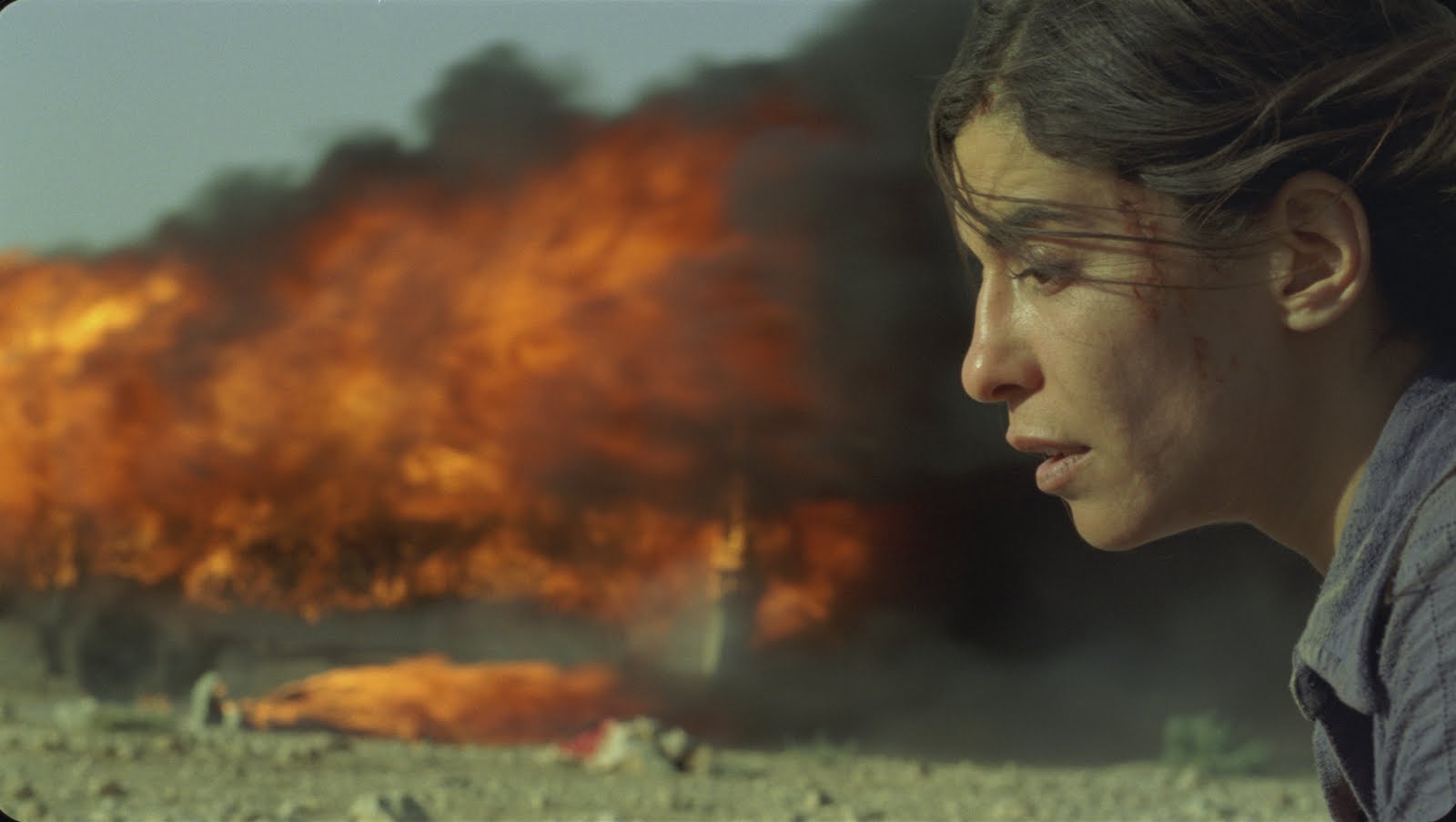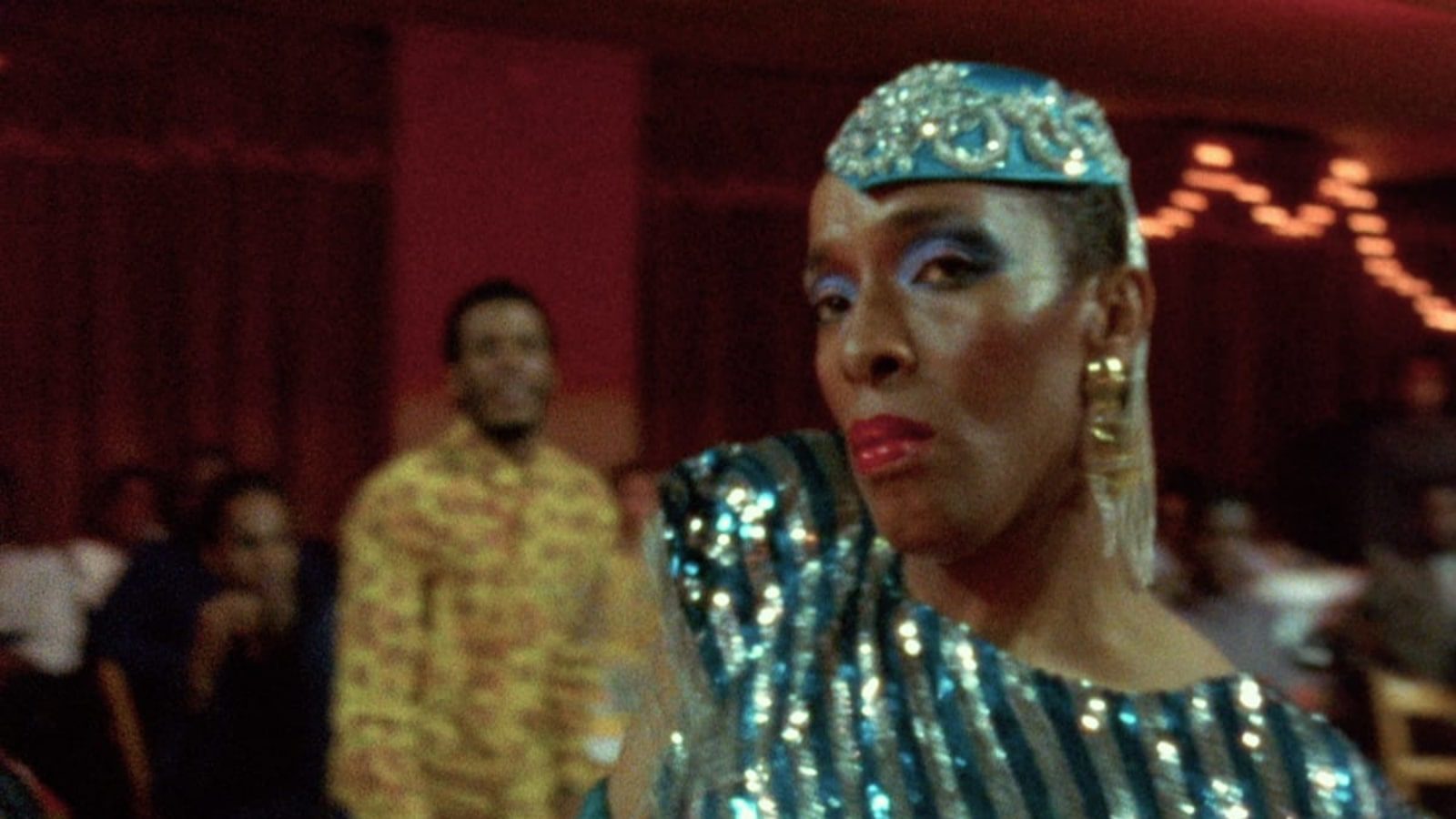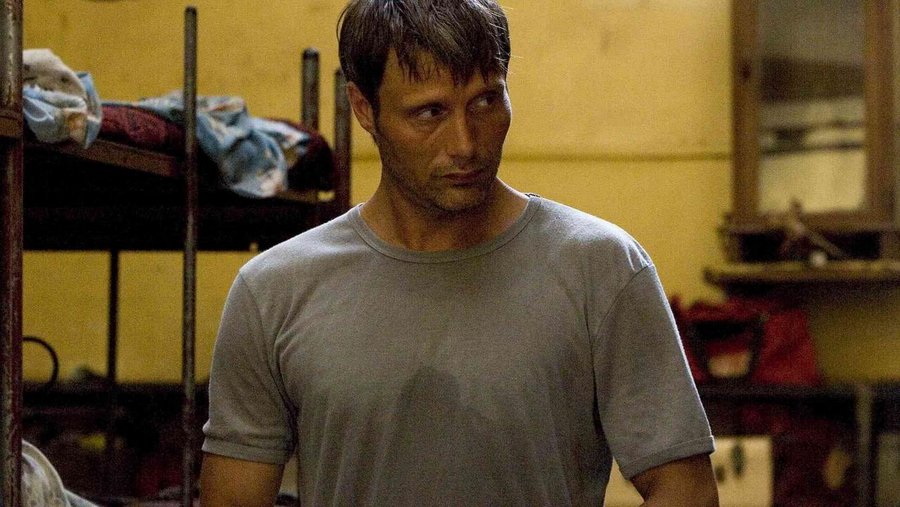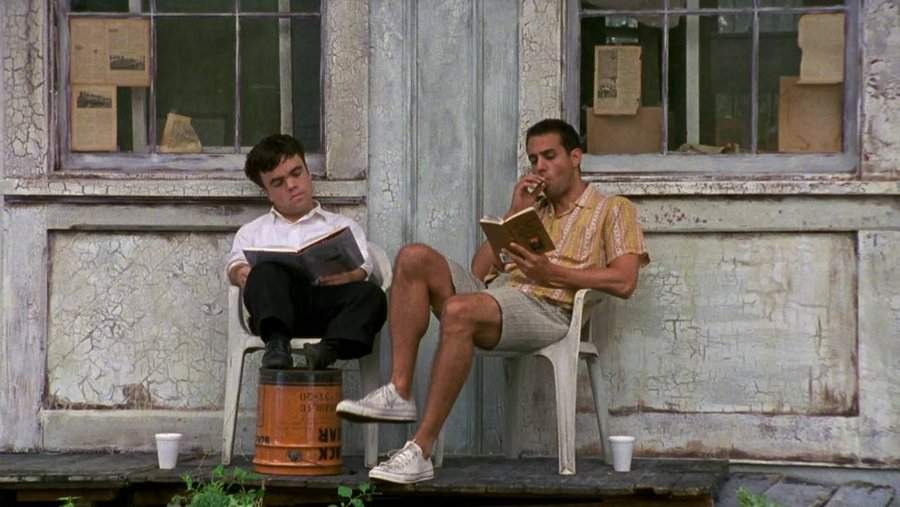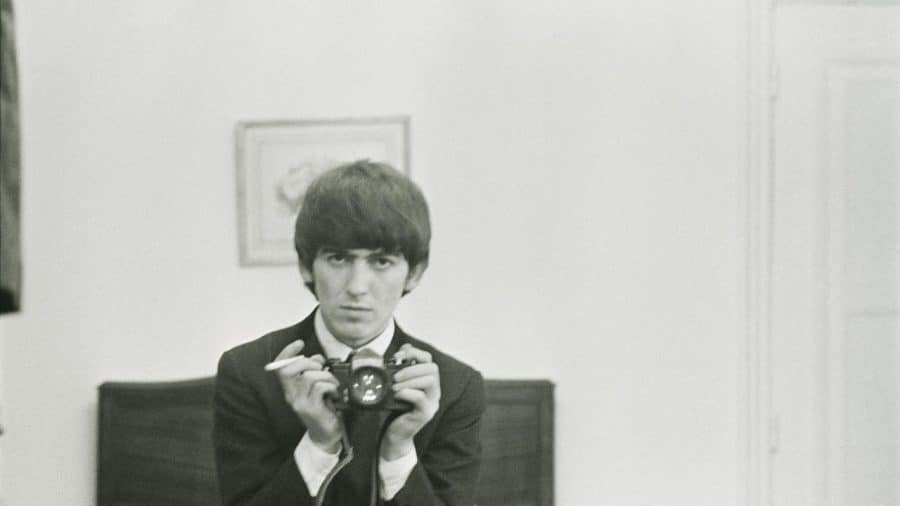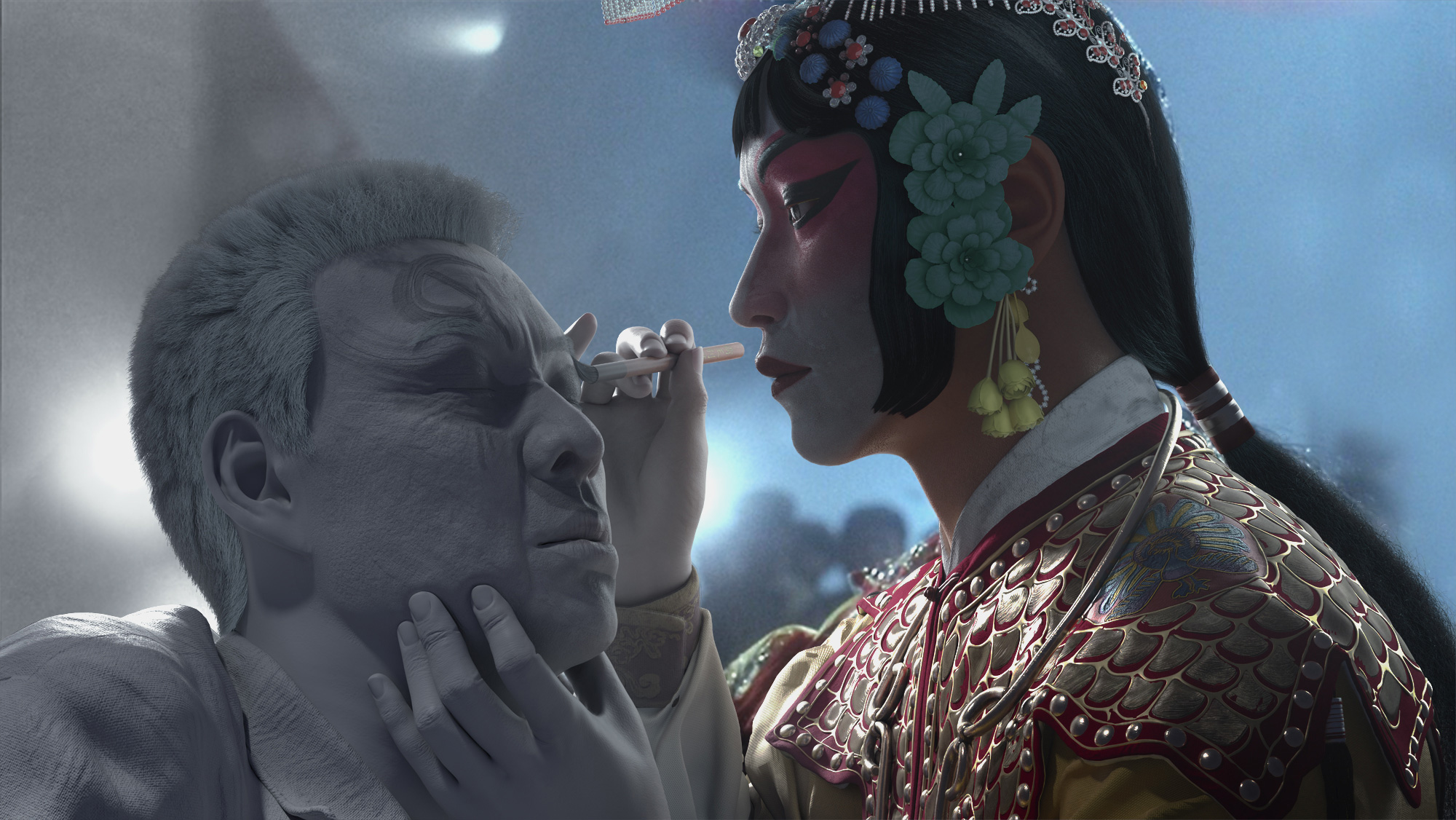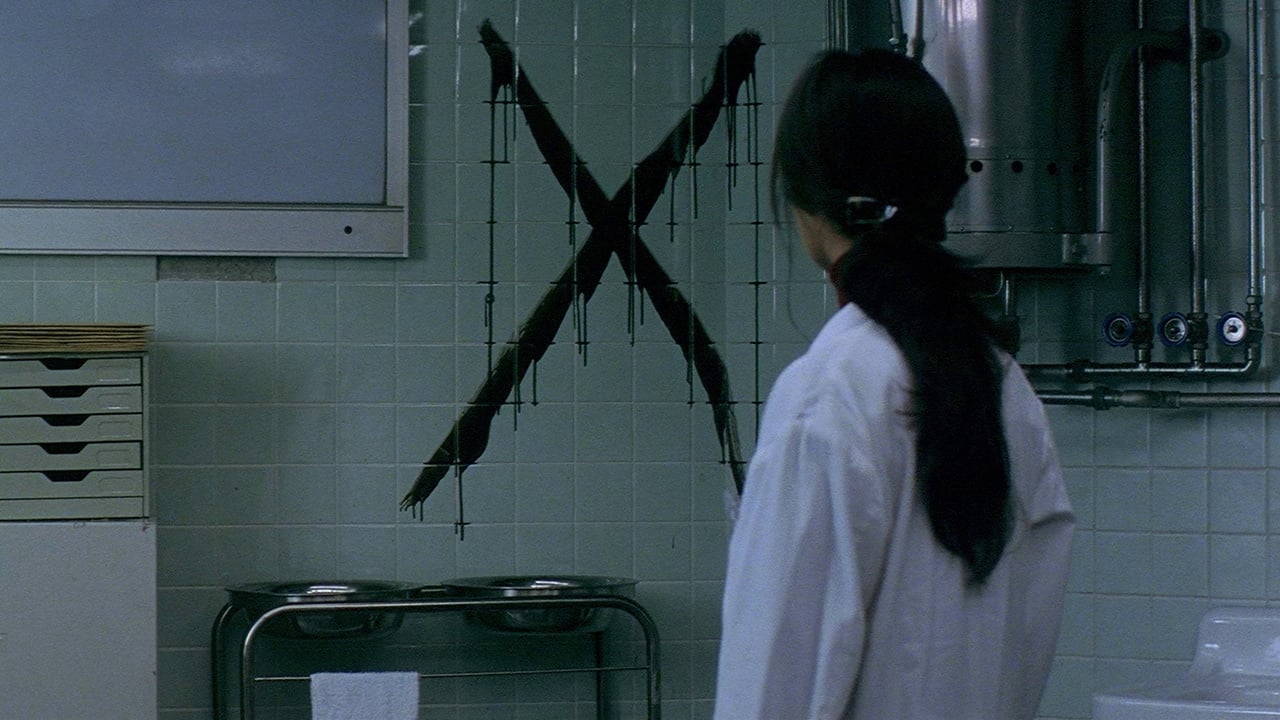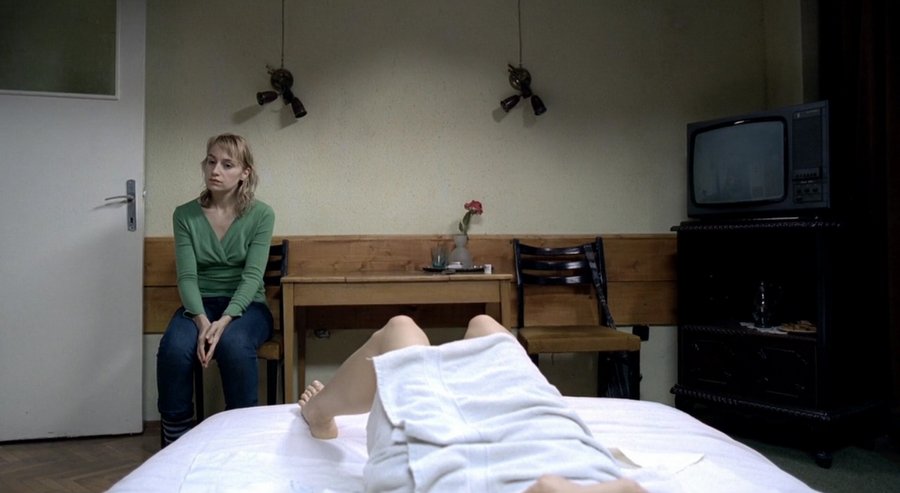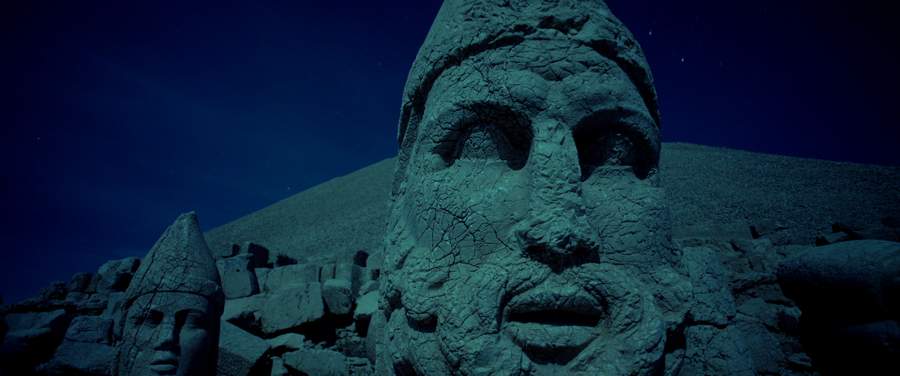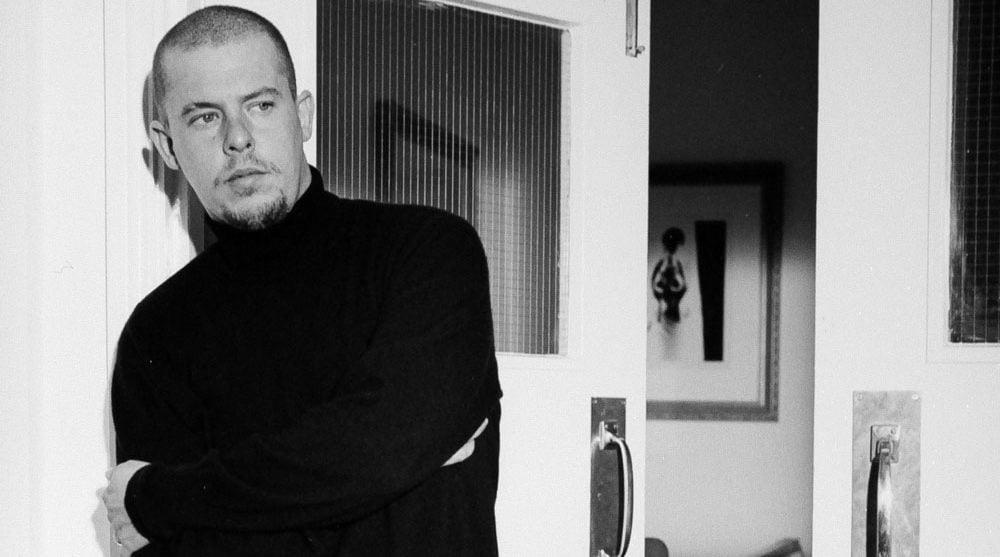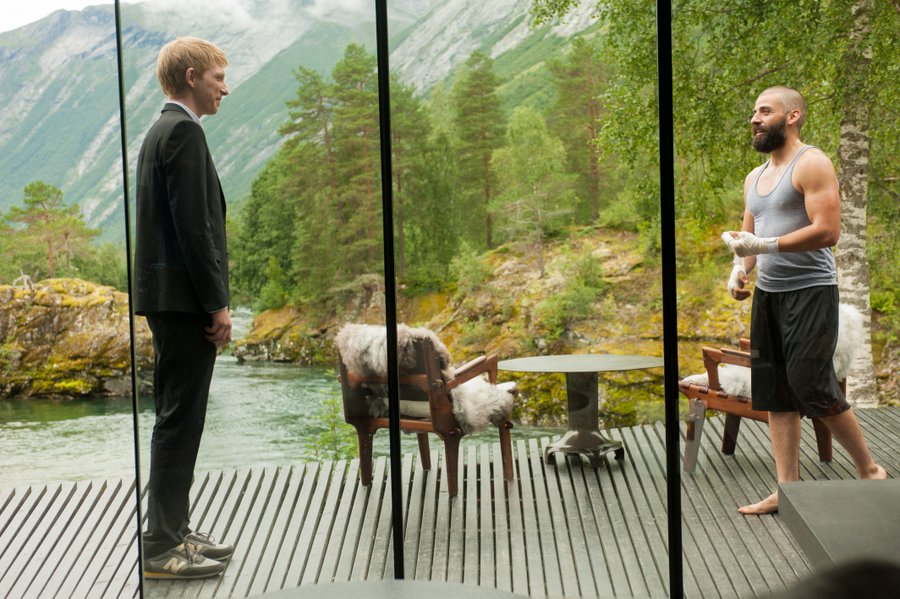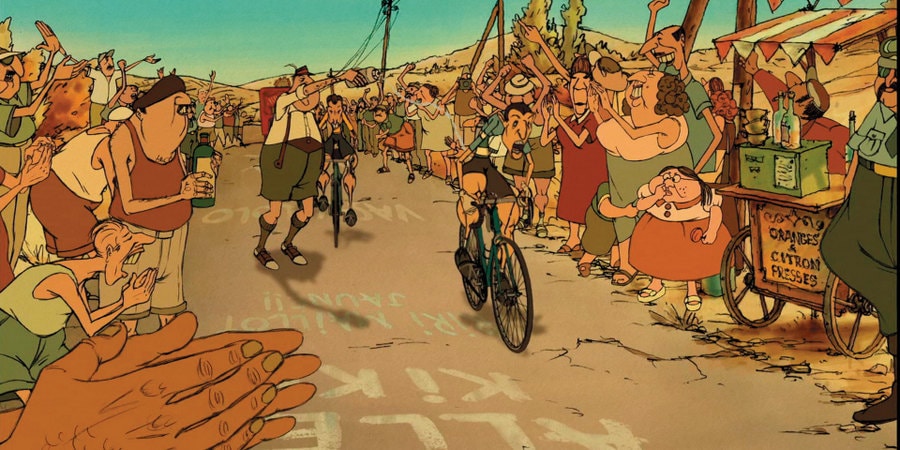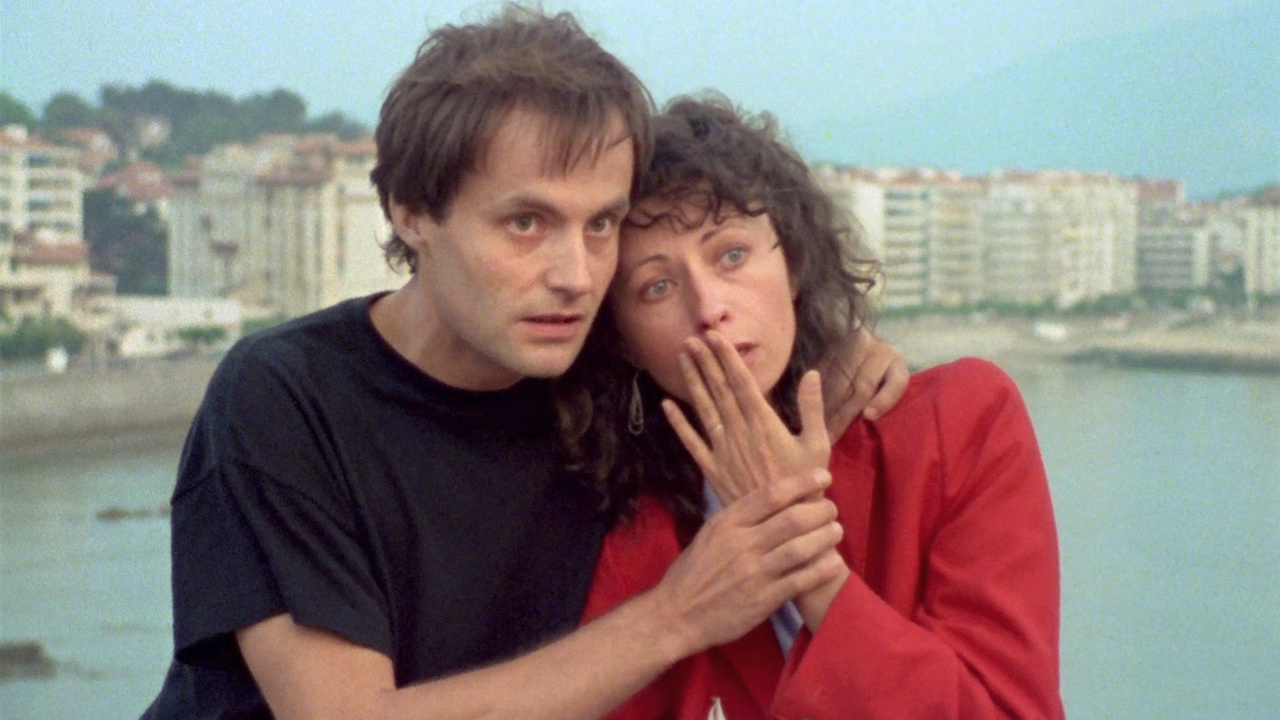This French-Canadian slow-burner, written and directed by Denis Villeneuve, will pull you in with one of the best movie beginnings of all time – and its outstanding ending will leave you shaken. To fulfill their mother’s last wish after her sudden death in Montreal, the two twins Jeanne and Simon must travel separately to an unnamed Middle-Eastern country (with strong resemblances to civil-war-torn Lebanon) to deliver letters to close relatives they never knew they had.
The twins’ quest into a dark and staggering family history makes them experience themselves and the violence of war like they had never imagined. Their ordeal is interrupted by a series of flashbacks telling the story of their mother, Nawal Marwan, before leading them to uncover a deeply disturbing secret. Based on Wajdi Mouawad's 2003 play of the same name, this melodramatic war thriller takes a poetic and poignant look at how families are shaped by atrocities – even long the after wars that produced them have ended.
Genre: Drama, Mystery, War
Actor: Abdelghafour Elaaziz, Ahmad Massad, Allen Altman, Baraka Rahmani, Baya Belal, Dominique Briand, Frédéric Paquet, Hamed Najem, Hussein Sami, Jackie Sawiris, John Dunn-Hill, Karim Babin, Lara Atalla, Lobna Azabal, Lubna Azabal, Mélissa Désormeaux-Poulin, Majida Hussein, Maxim Gaudette, Mélissa Désormeaux-Poulin, Mohamed Majd, Mustafa Kamel, Nabil Sawalha, Nadia Essadiqi, Rémy Girard, Rémy Girard
Director: Denis Villeneuve

